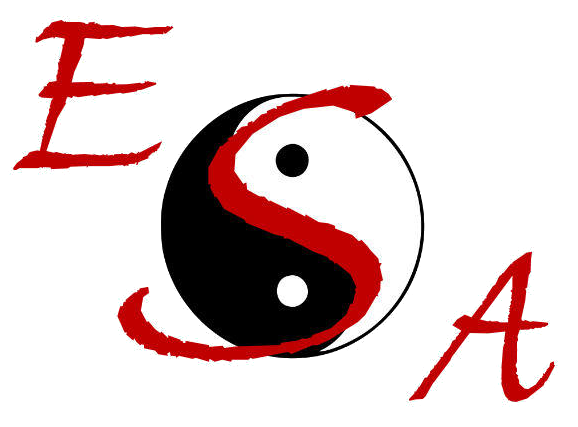The name of this article comes from a book by William James called “The Varieties of Religious Experience” published in 1902. This book holds a special place in my heart because I had to do a big paper on it in college and William James seems to have followed me around since as his name, and this book in particular, seems to pop up for me on a fairly routine basis. Most have never heard of William James or this book, unless they were a Psychology or a Religion major in college like myself. (Though anyone living in Syracuse knows of James St, which is named after Williams’ grandfather who was instrumental in the founding of Syracuse.) The premise of the book is basically that religion and religious experiences should be judged and valued on their own merits, which is an idea that I think should be applied to acupuncture.
In James’ work he discusses how religious experiences are discounted as being because the person having the experience is later shown to have some mental illness. As an example he cites the Quaker religion and it’s founder, George Fox, who was thought to be schizophrenic and thereby negating the legitimacy of the religion he founded. In other words James states that the value of something should be judged on its own merits and not by its origin. In fact, he termed this type of rejection “medical materialism”.
I think this notion is quite important as we attempt to evaluate acupuncture in our modern world. For years people immediately discounted acupuncture because of its origins in an ancient time from a foreign culture. Some erroneously think it is about magic and superstition (it’s not, in fact it was a reaction to earlier superstition/magical notions of health in ancient China) or fail to see how an ancient culture could obtain any useful knowledge of the body if they didn’t have the technology we do today. In some cases I also think it is flat out ethnocentrism. Other times people just dismiss the effects of acupuncture as being a placebo, a trick of the mind from those susceptible to suggestion.
It is important to point out that there is plenty of scientific evidence supporting acupuncture, its theories, and even the existence of the acupuncture points. However, the average person is not spending any time reading through medical journals and if they were do not have the medical education to understand the technical aspects of the research and studies being done. Therefore we are just left with people’s preconceived notions outlined above.
To apply James’ point of view of the situation we must ignore the origin of acupuncture and go beyond only a surface understanding of it. To properly judge acupuncture we have to look at the experience of acupuncture itself. What does this mean? Quite simply, regardless of how we want to try to scientifically explain or discount acupuncture, does it work? When someone receives treatment do they have noticeable, and sometimes measurable, results? The answer is a resounding yes. Certainly nothing is 100% effective for 100% of complaints 100% of the time. Yet acupuncture has a tremendous rate of effect and millions of people around the world have experienced this. Perhaps your friends or family have benefited from acupuncture, or your coworker in the cubical or office next to you.
We can attempt all sorts of mental gymnastics to explain or discount these experiences but to William James’ it is all pointless. The end all be all of the question is does it work or not and that is the only way to evaluate something like acupuncture. I will actually take this a step further because in medicine it is not all about results because safety is also an important issue. You can effectively cure tennis elbow by amputating someone’s arm, it would be 100% effective, but we all know that is not smart. Luckily with acupuncture it is also extremely safe, much more so than most other medical treatments (and even safer than some of the diagnostic tools used in modern medicine).
Most of the US has woken up to the fact that we need real alternatives to our medical system that has become dominated by pharmaceuticals and surgery and the money that those two things bring to bear on the system. I would love to see more research being done on the science behind acupuncture and its effect, but at the end of the day it is unimportant. I know acupuncture works because I get to see it in action on a daily basis. I am also much more familiar with the research and science behind it than the average person, so no doubt remains in my mind as to the value of acupuncture. However, it is important that more people learn a lesson from William James on how to make better judgments for ourselves and stop letting “Big Pharma” make those decisions for us because our country is in dire need of change with our medical system. The best way to judge is also to experience for yourself, so if you have any health concerns do yourself a favor and find an acupuncturist near you.



